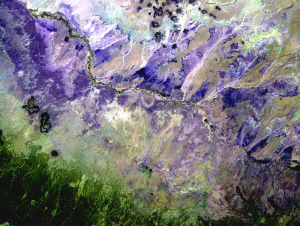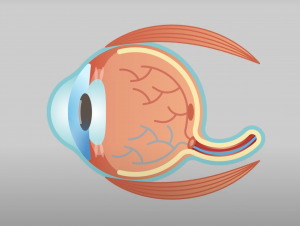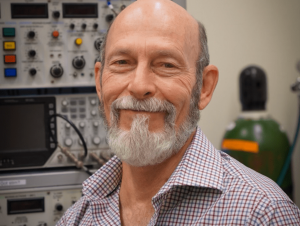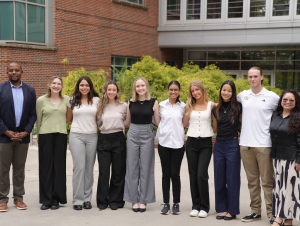To request a media interview, please reach out to experts using the faculty directories for each of our six schools, or contact Jess Hunt-Ralston, College of Sciences communications director. A list of faculty experts is also available to journalists upon request.
Latest News
A new study explores how complex chemical mixtures change under shifting environmental conditions, shedding light on the prebiotic processes that may have led to life on Earth.
Newly discovered antibodies break down the protein that causes glaucoma.
As the Los Angeles fires quickly spread starting Jan. 7 and wind gusts approached 100 mph, scientists observed a 110-fold rise in airborne lead levels. This spike had receded by Jan. 11.
Brook Byers Institute for Sustainable Systems (BBISS) Fellows serve as a board of advisors; foster the culture and community of sustainability researchers, educators, and students at Georgia Tech; and communicate broadly the vision, mission, values, and objectives of the BBISS.
A joint effort across the Colleges of Computing, Engineering, and Sciences, the program will educate students and advance the field of neuroscience through an interdisciplinary approach — ultimately integrating neuroscience research and technological development to study all levels of nervous system function.
The Student Transfer Enrichment Program (STEP), a pilot initiative funded by the College of Sciences Advisory Board, helps ease the transition for transfer students through academic support, leadership development, and access to a strong peer community.








